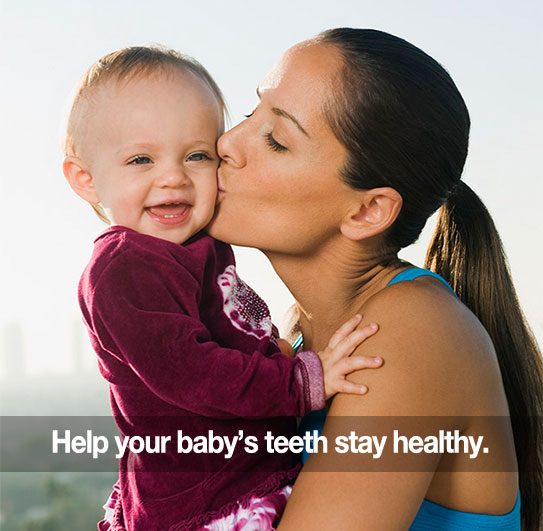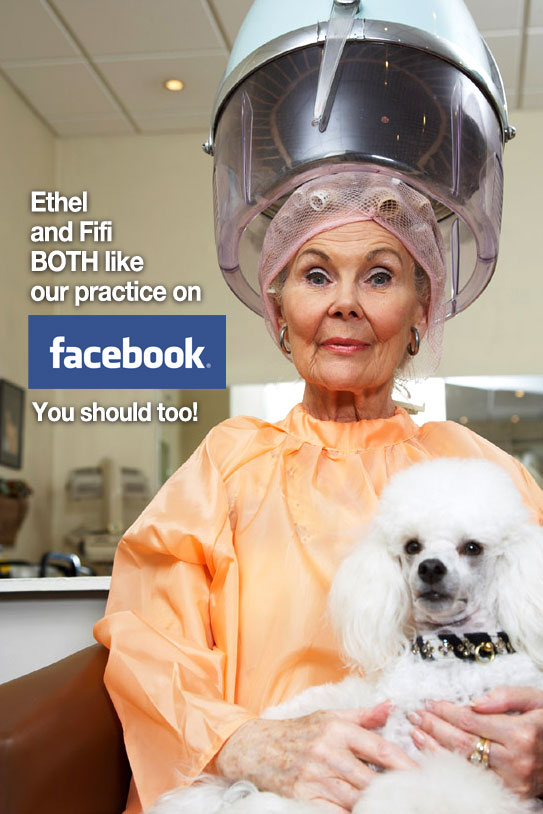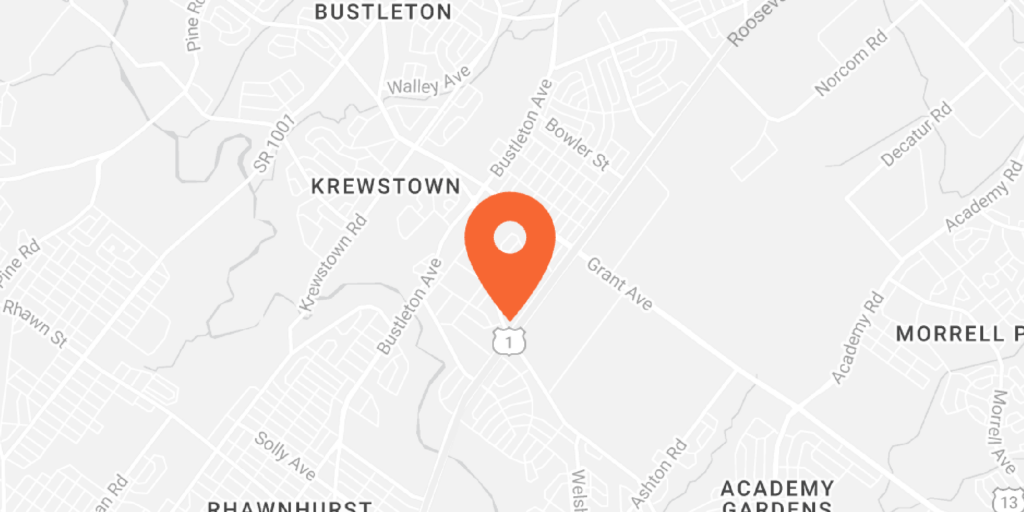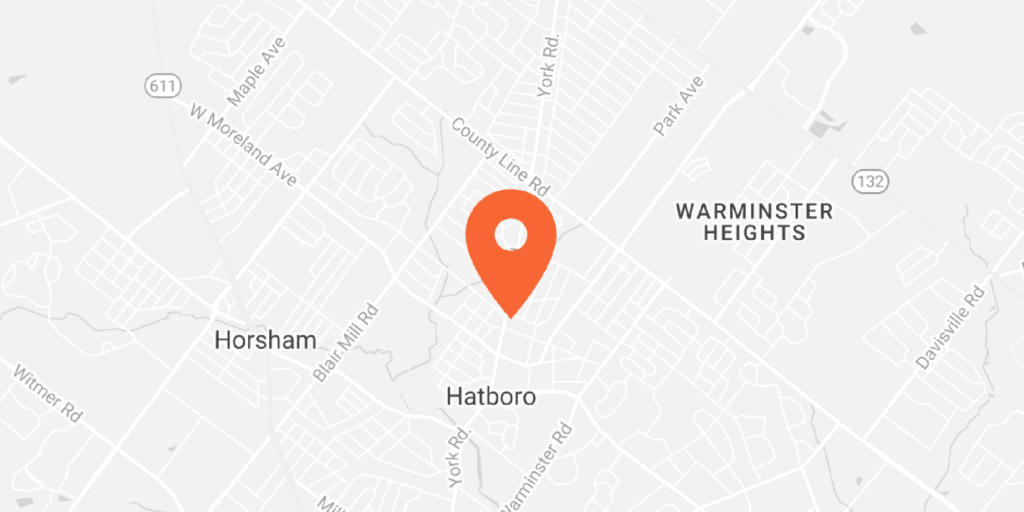EACH YEAR, MANY INFANTS AND TODDLERS SUFFER FROM EXTENSIVE TOOTH DECAY that could be avoided—and the culprit is surprising. Milk and sweet liquids are the biggest contributors to something referred to as ECC (Early Childhood Caries).
Just like adult mouths, babies’ mouths are full of bacteria that feed on the sugars found in the foods and liquids they consume. One of the byproducts of these bacteria buffets is an acid that can attack tooth enamel and cause cavities.
Now, don’t worry… We’re not suggesting that you stop using baby bottles or that you don’t give milk to your infants and toddlers. Dr. Gemmi & Dr. Middleberg simply recommend being aware of the issue and taking some simple preventive steps to help avoid a potential problem.
Here’s a short video from Nursery Water about preventing baby bottle tooth decay:
Many parents give their children a bottle to suck on as a way of helping them settle down and doze off at night. Unfortunately, studies show that when a baby falls asleep with the bottle in his or her mouth, the fluid from the bottle can settle in a pool around their fragile teeth. This allows the bacteria in the baby’s mouth to feed off the sugar present in the liquid ALL night long, creating a steady stream of tooth-decaying acid. If your child absolutely needs a bottle to suck on as he or she goes to sleep, your best bet is to fill it with warm water. Or, once asleep, at least be sure to remove the bottle from your child’s mouth.
Here are a few other ways you can take care of your baby’s teeth:
- Only Fill Bottles with Milk Or Formula. If you choose to give your child juice or other sugary drinks, make sure you only do so in a sippy cup so that the sugar doesn’t sit at the front of their mouths too long.
- Clean Your Baby’s Teeth and Gums. Even before your child’s first teeth have come in, it’s important to gently wipe their teeth with a wet towel or gauze after they are fed.
- Don’t Dip Pacifiers In Anything Containing Sugar. Some parents dip pacifiers in sweet substances like honey. This can be very damaging for baby teeth.
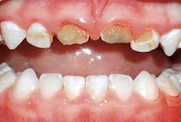
If you think your child may be a victim of baby bottle tooth decay, set up an appointment to come in and see Dr. Gemmi, Dr. Middleberg, or a member of our team today. We’d love to help return your baby’s mouth to its healthiest state! Feel free to contact us if you have any additional questions or concerns!

